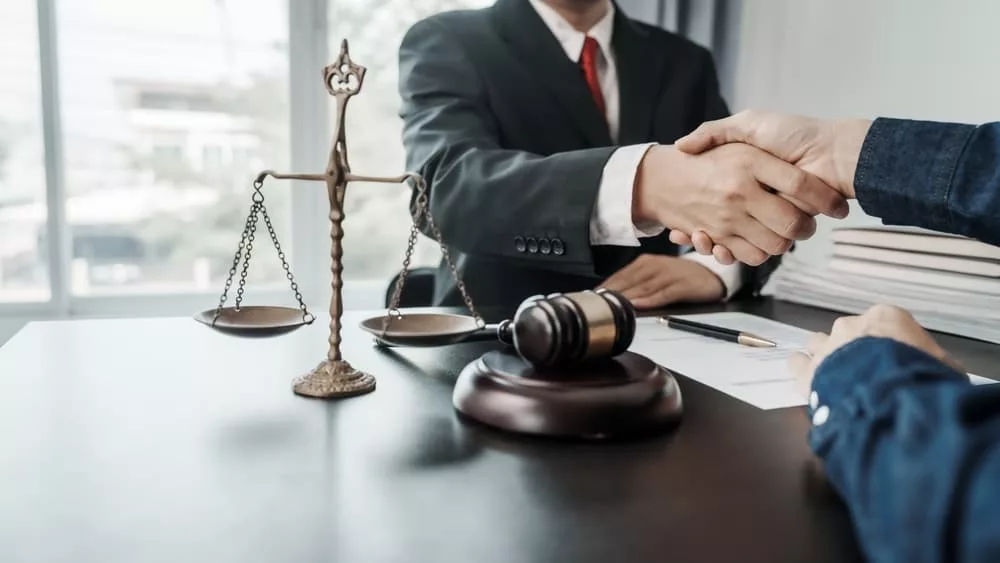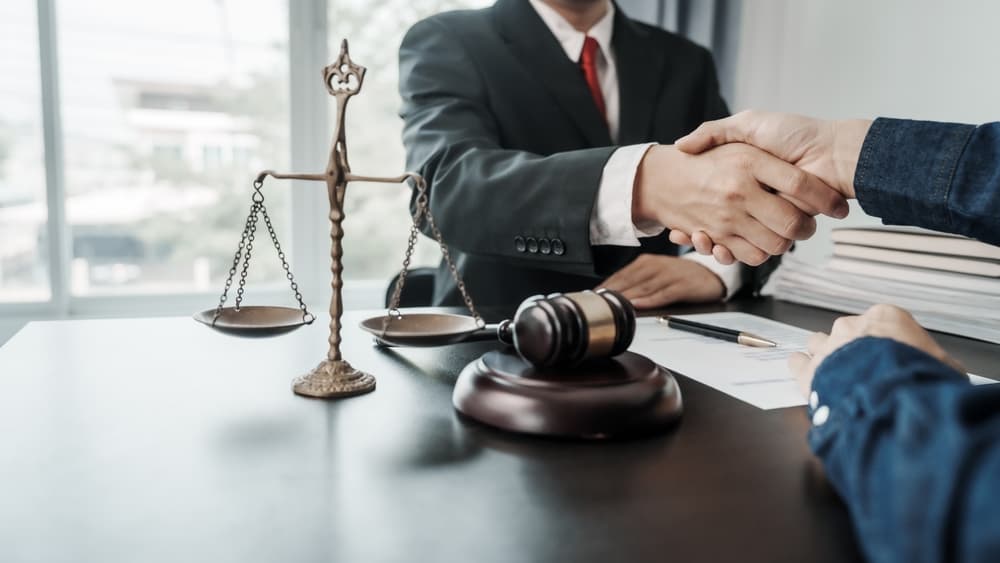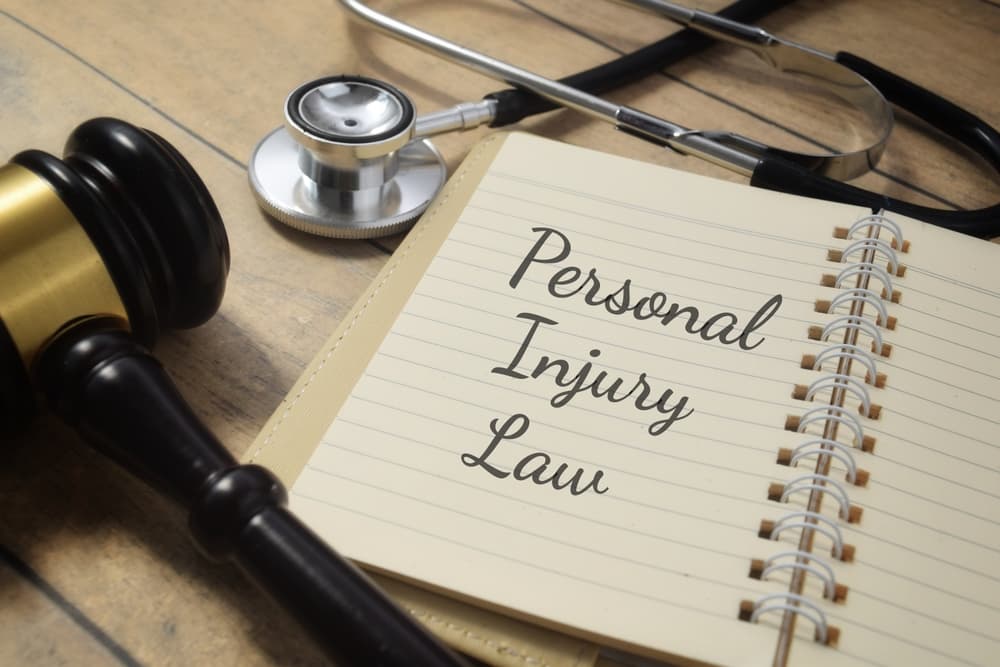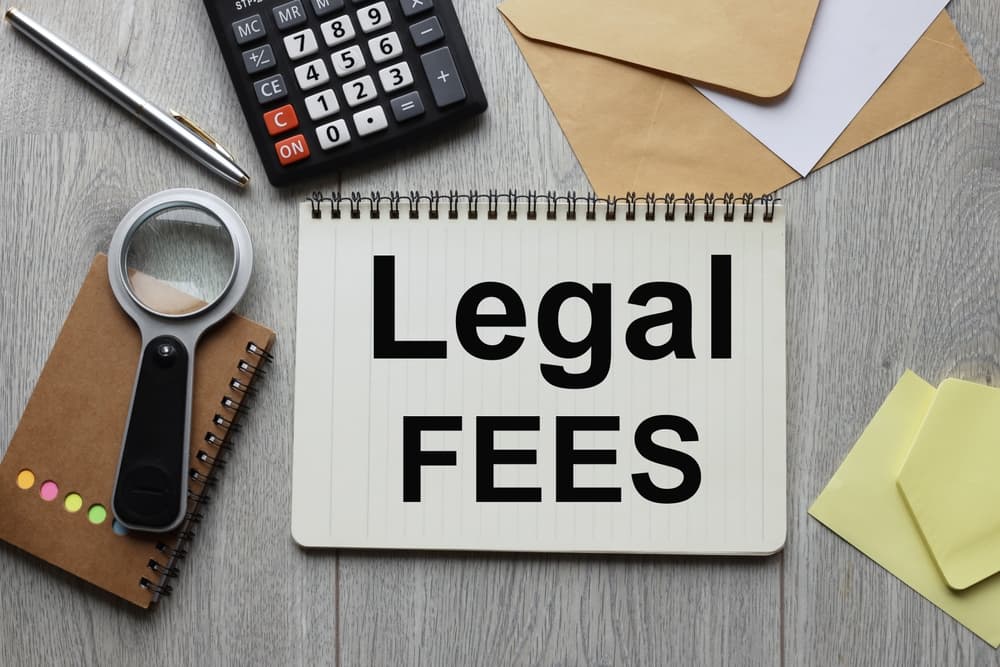If you or a loved one has suffered a personal injury, securing a capable personal injury lawyer is essential. A seasoned legal professional can ensure you receive the compensation you deserve.
How do you determine which Miami personal injury lawyer to hire for your case, though? The right lawyer is not just one with a strong track record but also one who can ally with you, understand your needs, and represent you effectively.
Understanding Personal Injury Law
According to the Centers for Disease Control and Prevention, unintentional injuries are a leading cause of wrongful death and disability in the United States, accounting for nearly 25 million visits to hospital emergency rooms annually. Among the leading causes of unintentional injuries are falls, motor vehicle accidents, and accidental poisonings.
Personal injury law covers situations in which an individual’s negligence or intentional conduct causes physical or emotional harm to another person. It includes such as motor vehicle accidents and slip and fall incidents cases. A personal injury lawyer can handle all aspects of your claim, navigate the legal system on your behalf, negotiate with insurance companies, and ensure you get compensation.
What to Look For in a Personal Injury Lawyer
Best Accredited Colleges explains that becoming a personal injury lawyer requires extensive education. A lawyer must obtain a bachelor’s degree in a relevant field and complete the law school admission test.
They then spend an additional three years or so earning a law degree. The lawyer must then take the bar and multistate professional responsibility examinations. They also must take continuing education classes throughout their career to keep their knowledge fresh.
Education allows the lawyer to begin practicing law and gaining experience. Experience is a critical factor that you should look for when hiring a personal injury lawyer. According to Black’s Law Dictionary, around 95 percent of personal injury lawsuits resolve with a settlement, not litigation.
Many personal injury lawyers have ample experience in settlements rather than litigation. Having an attorney who understands the court process and is confident in the courtroom is crucial, as there is no way to determine upfront if the lawyer will settle or resolve the claim through litigation.
Another pertinent factor to look at when hiring a lawyer to handle your claim is their track record. Experience matters, but so does success. An attorney should tell you how many cases like yours they’ve resolved through settlement or a court verdict and explain the average amount of compensation they’ve garnered for similar claims.
Every claim is unique, and the amount of compensation you can receive could be vastly different than the average.
Look for a lawyer with good communication skills. You will want an approachable lawyer who makes you feel comfortable while discussing your situation.
Questions to Ask a Personal Injury Lawyer
Most personal lawyers offer two services. The first is a free case evaluation. This involves discussing your accident and situation with an attorney, obtaining answers to the questions you have about your legal options, and determining if the attorney you’re speaking with is the one you wish to hire.
When talking with a potential lawyer, here are examples of some material questions you should ask.
How Long Have You Practiced Personal Injury Law?
This question speaks to the experience of the attorney. They will generally spend some time telling you about their education and any other types of legal work they’ve done. Personal injury lawyers, for example, commonly have a background in other legal practice areas, such as criminal prosecution or business law.
While these additional skill sets can provide a greater understanding of the legal arena, the foremost thing you should look for is their experience with garnering settlements and jury verdicts in personal injury cases like yours.
What Personal Injury Cases Do You Typically Handle?
Personal injury law covers a wide array of injuries from accidents that someone’s negligence caused. Not all personal injury lawyers handle all types of personal injury claims. If you need a lawyer to handle your motorcycle accident claim, for example, you want a lawyer who regularly handles claims involving traffic-related accidents rather than one who focuses mainly on worker’s compensation or another subgroup of personal injury claims.
What Is Your Success Rate?
CloudLex reports that the success rate of personal injury cases that resolve through litigation depends on several factors, including the type of claim. More than 60 percent of the verdicts in auto accident lawsuits are for the plaintiff. This number drops to below 40 percent for claims involving premises liability matters, such as slip and fall accidents.
Litigation requires many complex actions to take place simultaneously. Your lawyer will continue to gather evidence and prepare a case for trial while filing and responding to pre-trial motions and entertaining settlement offers.
You need to understand how successful your lawyer is at negotiating settlements with insurance claims adjusters, taking cases to court, and proving defendant liability and claim values to a judge or jury.
Can You Provide References From Past Clients?
If you were to apply for a job, your prospective employer would ask you for references from people who could speak to your skills and ethics. If you’re looking for a lawyer to handle your claim, your attorney should provide positive references. You can also research how their past clients feel about their performance through online review sites.
How Would You Approach My Case?
This question helps you to learn more about the attorney’s work style and communication skills. It can also lead to a conversation about what the attorney feels are the strengths or potential weaknesses of your case.
How Much Is My Claim Worth?
This is a question that your lawyer will likely not have an answer to during the free case evaluation, which is okay. They generally don’t calculate the value of your claim until you’ve reached maximum medical improvement, which—according to CloudLex—refers to the point in your recovery when your injury stabilizes and unlikely to improve with additional treatment.
Your lawyer can add up your medical expenses at this point and get a better estimate of the costs you will incur in the future as a result of permanent injuries.
They will also calculate other financial losses you incurred due to the accident or injury, including income loss during your recovery or permanent loss of earning capacity following disabling injuries.
Other factors they will consider when evaluating your claim to account for the non-economic consequences of the injury include the amount of available insurance coverage for the claim, the level of negligence the at-fault party exhibited, and the physical pain and suffering, inconvenience, emotional distress, and loss of enjoyment of life that you have experienced following the incident.
This question about your claim’s value will often lead to discussions about the typical value of claims featuring injuries and accidents like yours.
Insurance will play a role in how much compensation you recover. All types of liability policies have policy limits, which Progressive explains is the maximum amount the insurer will pay for claims against the policy.
What Is Your Fee Structure?
Many people fail to hire an experienced lawyer to handle their claims because they don’t think they can afford the lawyer’s fees. There are two services that most personal injury lawyers provide to keep their services accessible to anyone who needs them. The first is the free case evaluation, and the second is the contingent fee billing method they use.
The American Bar Association explains that a contingent fee arrangement means that payment of your attorney’s fees is contingent on compensation for your claim. If you lose your case, neither you nor your lawyer will receive compensation, and you will not owe them for their work on your case.
If your case resolves through a settlement or an award in a court verdict, your attorney will receive a percentage of the total award for their services.
Here is how this works:
- After your free case evaluation, you will sign a contingent fee agreement if you decide to hire the attorney to handle your claim. This legally binding agreement specifies the services they will offer and designates a percentage of the compensatory award as payment to the law firm.
- You will not have to pay any money upfront, and you will not receive bills for the time your legal team spends working on your case. Work will begin immediately and will continue without interruptions due to late payments.
- After your claim resolves, your attorney will receive your compensation. They will place your award in a trust to keep it separate from other funds and provide an accurate account. From this trust, they will withdraw the amount of their earnings, as well as any amount necessary for medical liens that your doctors or health insurers placed on the award.
- The attorney will meet with you to sign the documentation finalizing your case, and you will receive the remainder of your compensation.
While most personal injury attorneys use the contingent fee billing method, it is vital to ensure that you understand this method and any other expenses you’re responsible for before you sign the contingent fee agreement.
Evaluating the Lawyer’s Answers
Pay close attention to the lawyer’s responses to your questions during the free case evaluation. They should be clear, detailed, and realistic.
Red flags that should make you wary of the answers they provide include:
- Guaranteeing results or promising inflated amounts of compensation available for you: The lawyer does not yet know the amount of insurance available to compensate the claim, what the claims adjuster is going to offer, or what a judge or jury is going to do. They cannot guarantee any particular outcome.
- Overstating your injuries or encouraging you to exaggerate your injuries for a larger payout: These practices are unethical.
- Failing to answer your questions or return your calls: Communication is one of your attorney’s most critical skills. If they don’t communicate with you, how can you trust them to communicate the details of your case with insurance companies and a judge or jury?
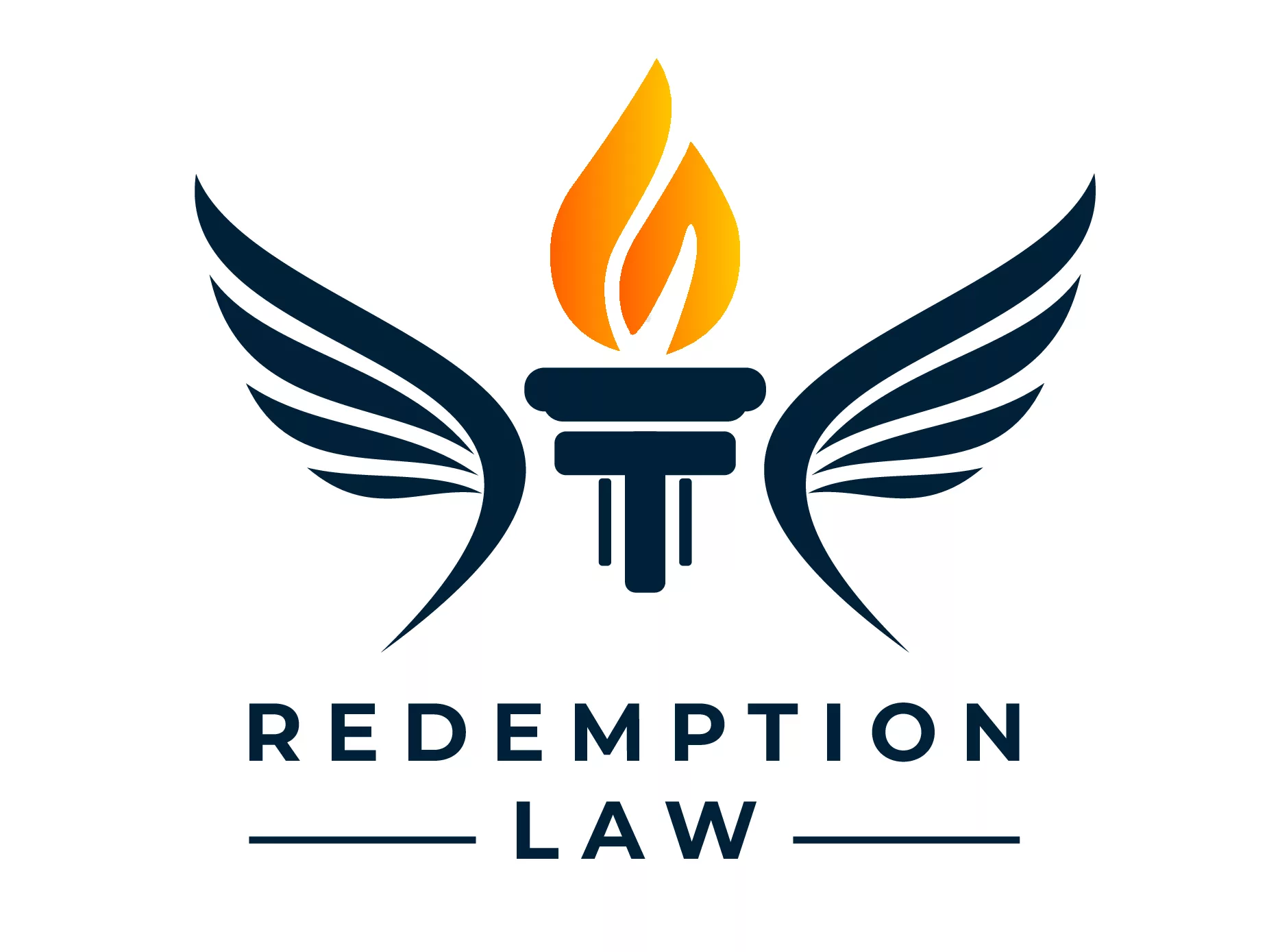
The most crucial element is that you feel comfortable and confident in your lawyer’s abilities. Trust your gut when choosing an attorney to handle your claim.
There is no obligation for you to use a lawyer’s services after a free case evaluation, and you’re welcome to seek evaluations from other lawyers before you make your decision on representation. Asking the right questions can ensure you hire the right personal injury lawyer for your case. Take your time to make this decision, as it can significantly affect the outcome of your case.
Related articles
Related articles Related articles Related articles Related articles Related articles Related articles Related articles Related articles Related articles Related articles
Personal Injury
02 Feb 2024
How Long After An Accident Can You Claim Injury?




